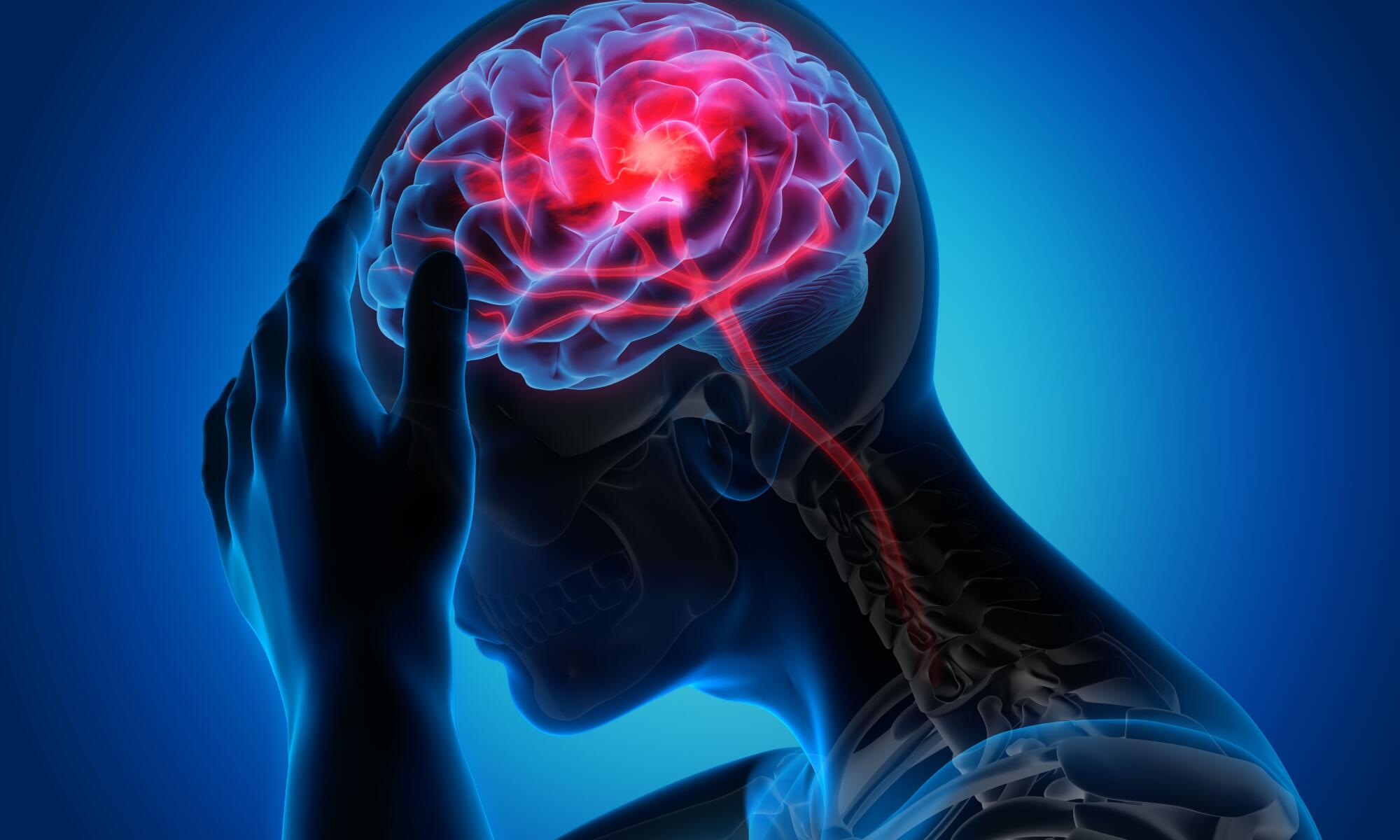
Understanding Heartburn: What Does It Feel Like?

If you are worried that you might have heartburn symptoms, then you will want to figure out what does heartburn feel like so you can stop triggering it and also take medication to ensure you are managing it well.
Heartburn is a common digestive complaint that affects 20% of the American population, according to NIH.gov. Although the name suggests a heart-related issue, heartburn actually has nothing to do with the heart.
It’s a symptom of acid reflux, a condition where stomach acid travels back up into the esophagus, causing irritation and discomfort. Understanding what heartburn feels like, what causes it, and how to manage it can make a big difference in your overall digestive health and comfort.
What Is Heartburn?
Heartburn occurs when the lower esophageal sphincter (LES), a muscle valve between your esophagus and stomach, doesn’t close properly or opens too often.
This allows stomach acid to escape into the esophagus, the tube that carries food from your mouth to your stomach. Because the esophageal lining isn’t designed to handle acid, this backflow leads to a burning sensation commonly known as heartburn.
Heartburn is a hallmark symptom of gastroesophageal reflux disease (GERD), but occasional heartburn can happen to anyone, especially after a heavy meal, consuming spicy foods, or lying down right after eating.
What Does Heartburn Feel Like?
Heartburn typically feels like a burning sensation in the center of your chest, just behind the breastbone. The discomfort can rise toward your throat, sometimes leaving a sour or bitter taste in your mouth.
For some people, the sensation is mild and fleeting; for others, it can be intense enough to mimic the symptoms of a heart attack.
Here’s what people commonly describe:
- Burning in the chest or throat: A hot, painful sensation that may worsen after eating or when bending over.
- Sour taste in the mouth: Caused by stomach acid reaching the throat or mouth.
- Regurgitation: The feeling of acid or food coming back up into the throat or mouth.
- Chest discomfort: Often described as pressure or fullness behind the breastbone.
- Worsening at night: Heartburn can intensify when lying flat, as gravity no longer helps keep acid in the stomach.
If the discomfort spreads to your arm, neck, or jaw, or is accompanied by symptoms such as shortness of breath or sweating, it’s essential to seek medical attention immediately; these could be signs of a heart attack rather than heartburn.
What Are the Common Triggers of Heartburn?
Heartburn can be triggered by a variety of factors related to diet, lifestyle, and even anatomy. Common gastric pain causes include:
- Spicy or fatty foods such as fried items, chili, and rich sauces
- Citrus fruits and tomatoes (naturally acidic)
- Chocolate and caffeine (relax the LES)
- Alcohol, especially red wine and beer
- Carbonated beverages that increase stomach pressure
- Large meals that distend the stomach
- Smoking (weakens the LES)
- Lying down or bending over soon after eating
Certain medical conditions, including obesity and hiatal hernias, can also increase the risk of heartburn by increasing abdominal pressure or affecting how the LES functions.
How to Prevent and Manage Heartburn
The good news is that most cases of heartburn can be managed with lifestyle changes and over-the-counter remedies. Here are some strategies for heartburn relief:
1. Adjust Your Eating Habits
Start by eating smaller, more frequent meals rather than large ones. Avoid eating within two to three hours of bedtime. Chew your food slowly and thoroughly.
2. Identify and Avoid Triggers
Keep a food diary to pinpoint which foods or drinks cause your heartburn and limit or eliminate them. Everyone has different heartburn triggers.
3. Maintain a Healthy Weight
Excess abdominal fat puts pressure on the stomach, encouraging acid reflux. Even modest weight loss can make a difference.
4. Elevate the Head While Sleeping
Raise the head of your bed by 6-8 inches to prevent acid from flowing upward while you sleep. It might be uncomfortable to sleep like this at first, but you will get used to it.
5. Quit Smoking
Nicotine relaxes the LES and increases acid production, worsening reflux symptoms. If you can’t quit smoking right away, reduce it bit by bit.
6. Use Over-the-Counter Medications Wisely
Antacids, H2 blockers, and proton pump inhibitors (PPIs) can provide digestive discomfort relief. However, long-term use should be discussed with a healthcare provider.
When to See a Doctor
While occasional heartburn is normal, frequent or severe episodes could indicate gastroesophageal reflux disease (GERD) or another underlying issue. See your doctor if:
- You experience heartburn more than twice a week.
- Symptoms persist despite lifestyle changes or medication.
- You have difficulty swallowing or unexplained weight loss.
- You experience vomiting, black stools, or chest pain.
Chronic acid exposure can damage the esophagus, leading to conditions like esophagitis or Barrett’s esophagus, which may increase the risk of cancer if untreated.
Frequently Asked Questions
What Exactly Causes Heartburn?
Heartburn occurs when stomach acid backs up into the esophagus due to a weakened or relaxed lower esophageal sphincter (LES). This backflow irritates the esophageal lining, causing a burning sensation.
Can Stress Cause Heartburn?
While stress doesn’t directly cause acid reflux pain, it can worsen symptoms. Stress often leads to habits like overeating, smoking, or consuming caffeine, all of which can trigger heartburn.
How Long Does Heartburn Usually Last?
A typical episode of heartburn can last anywhere from a few minutes to several hours. The duration depends on the severity of acid reflux, what you’ve eaten, and how quickly you take steps to relieve it.
Is It Okay to Take Antacids Every Day?
Occasional use of antacids is safe, but daily or long-term use may mask underlying conditions like GERD. If you frequently experience heartburn, consult your doctor for a personalized treatment plan.
Heartburn Relief Is Possible With Medication and Lifestyle Changes
Now that you know what does heartburn feel like, you must realize that living with heartburn doesn’t have to mean giving up all your favorite foods or suffering in silence. Start by making some lifestyle changes and see if that gives you heartburn relief.
Kiwi Drug is an international online pharmacy that offers all the popular drugs, medicines, and health care items at fantastic, competitive prices. Check out the heartburn products we have on offer and get them delivered to your home at affordable rates.
Sites:
- https://www.niddk.nih.gov/health-information/digestive-diseases/acid-reflux-ger-gerd-adults/definition-facts
- https://pmc.ncbi.nlm.nih.gov/articles/PMC7816499/
- https://my.clevelandclinic.org/health/body/21728-esophagus
Related Posts


